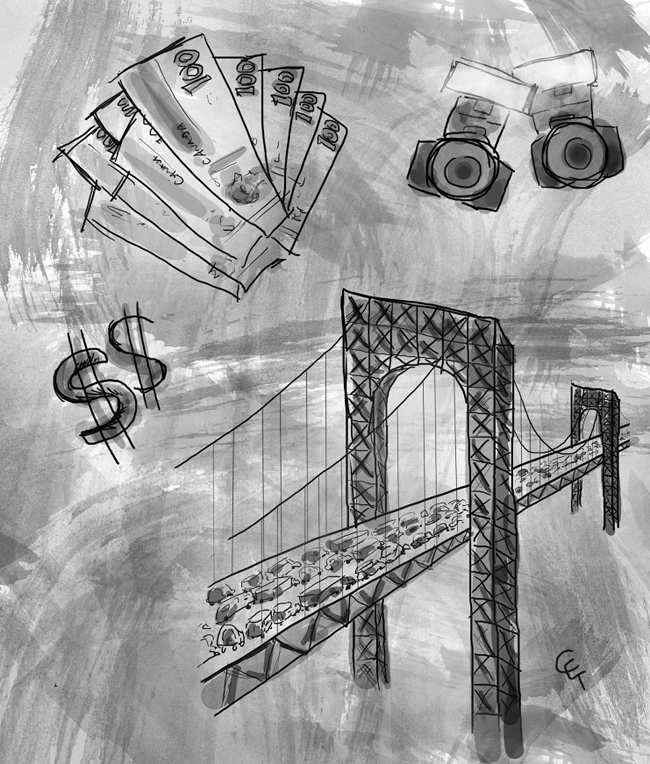In our time of disillusionment with public figures, it can seem of no surprise when politicians put their personal interests ahead of the interests of the people that they are representing.
This is what happened in the so-called “bridgegate” scandal, when New Jersey Governor Chris Christie’s administration inconvenienced thousands of commuters in order to exact revenge in a petty political squabble.
Similar issues were revealed in the ongoing Canadian Senate expenses scandal, which concerns the decision by Mike Duffy and several other senators to claim expenses for which they were not eligible. In the case of the Duffy expenses, the prime minister’s office has been dogged by questions over payments made to Duffy equal to the amount in claimed expenses he was forced to pay back.
As with their counterparts in New Jersey, here, senators showed a complete disregard for their constituents’ interests in order to put money in their own pockets. However, the lack of accountability displayed by those involved in the Canadian senate expenses scandal, and the subsequent refusal to comment on their evident mistakes, represents not only an indifference towards the public, but also towards the public’s perception of their actions and towards the right of the press to make their indiscretions known.
In New Jersey, the scandal began with series of lane closures last year on the New Jersey approach to the George Washington Bridge. It is no surprise that such a vindictive act would attract immense attention from the media. Christie and his administration attempted to conceal their connection to the scandal; it was not until the press dug up incriminating emails, such as the infamous message sent by one of Christie’s aides, one of which stated, “Time for some traffic problems in Fort Lee,” that Christie and his aides were conclusively linked to the incident. The leading theory suggests that the staff orchestrated this traffic jam as retaliation against the mayor of Fort Lee (the city on the New Jersey side of the bridge) for withholding a political endorsement.
Similarly, on this side of the border, a senator claiming illegitimate expenses was bound to attract attention from the media and incur widespread uproar from the public. However, despite ample proof, Stephen Harper and the senators involved in the scandal remained aloof and refused to accept responsibility for their wrongdoings.
In a CBC interview, Jonathan Kay of the National Post, who has spent significant time reporting both in the U.S. and in Canada, stated, “the degree to which public servants in the U.S. feel that they have a responsibility to answer questions of the press is staggering compared to in Canada.” Indeed, Stephen Harper has been harshly criticized for his refusal to answer questions posed by reporters on the topic of senate expenses. If government officials embroiled in such scandals deny the media’s questions, how can we expect to hold them accountable?
Both scandals are indefensible breaches of political power. However, once the American politicians involved in the bridgegate incident were exposed, they were at least able to take some responsibility for their mistakes regardless of the questions that remain about Christie’s involvement. In Canada, considerations of the public’s right to information regarding its government are less respected, and Canadian officials casually deny the public information about government for no other reason than to protect their own political agendas. Christie, at least, had enough regard for his public image to answer reporters’ questions for several hours, and apologize for the scandal.
What Harper and other Canadian politicians fail to realize is that, by managing political upsets with a degree of maturity, and by assuming responsibility for their actions, mistakes are likely to be forgotten much more quickly. Attempts to conceal the truth and divert the public’s attention only heighten frustrations and drag out the duration of the scandal. Harper and the senators involved in the expense scandal should take note of Christie’s handling of the bridgegate incident and respect the requests of the press, so that they may be held accountable for their mistakes.










Great article !